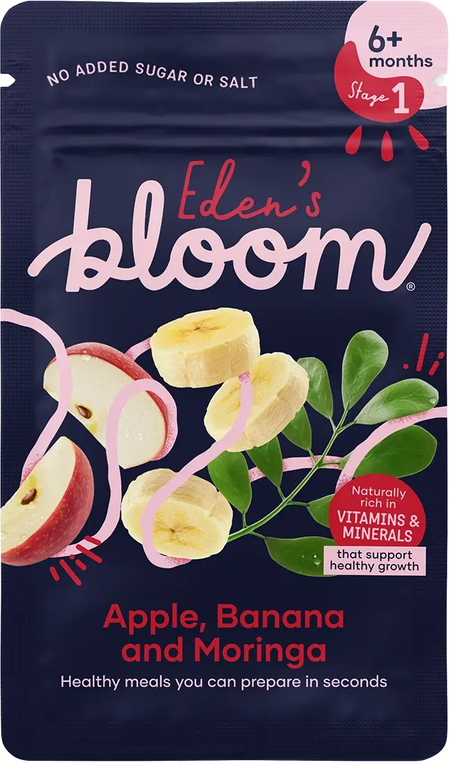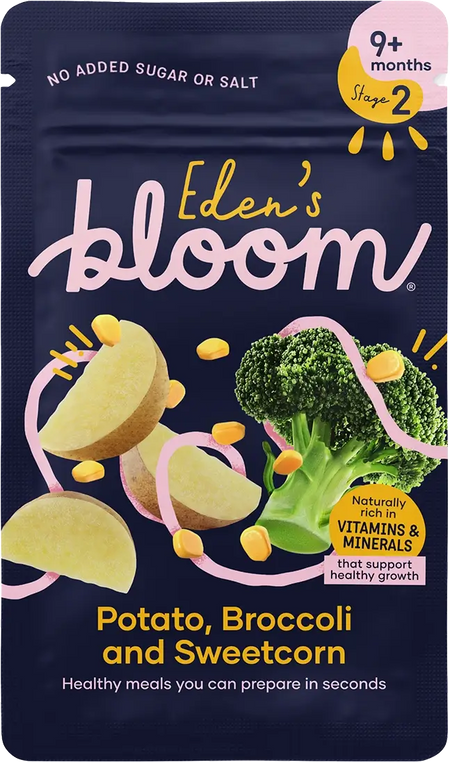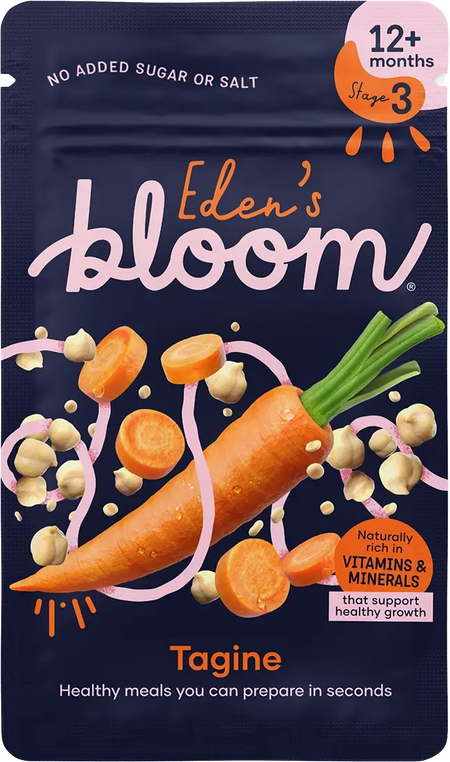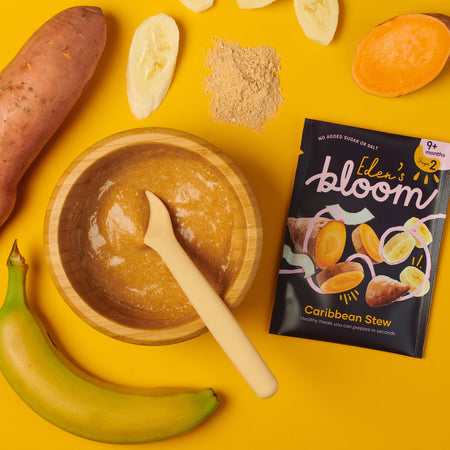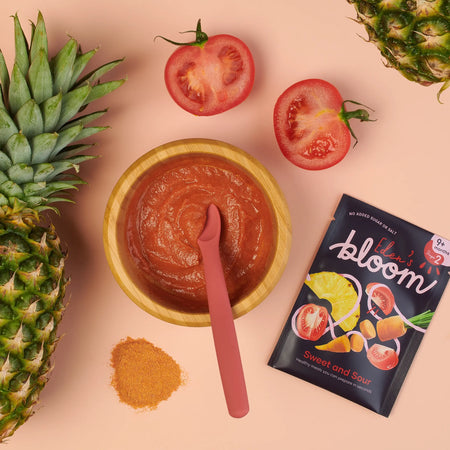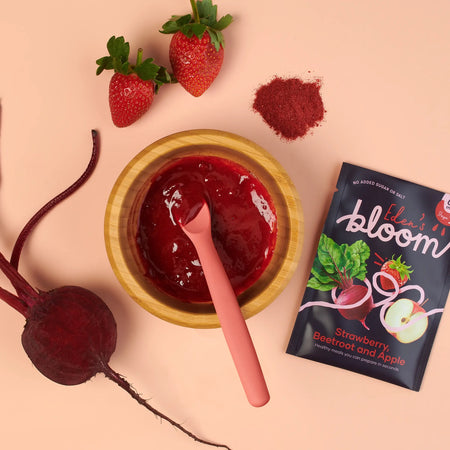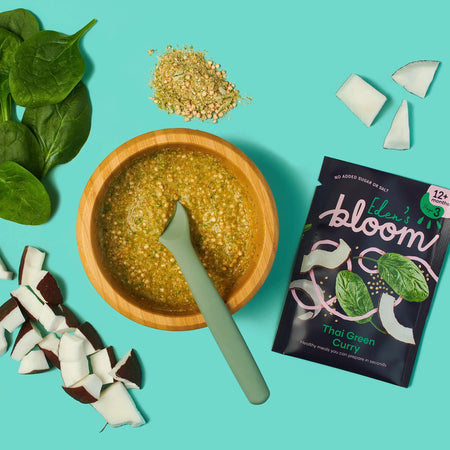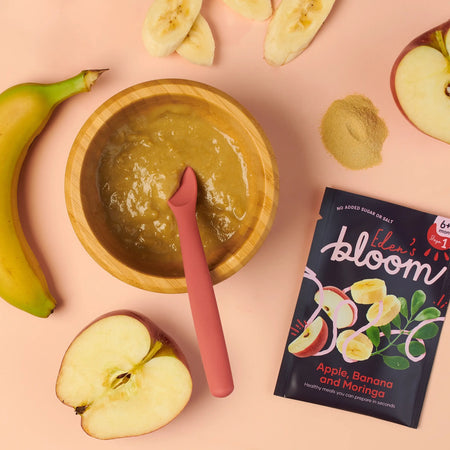
In essence, adopting a baby-led approach to feeding involves allowing your baby to take the lead, while parents remain highly responsive to their cues and stages of readiness. This approach challenges them to progress to new texture and encourages them self-feeding, fostering the development of skilled eaters. As we follow our baby’s cues the baby-led approach acknowledges the need to incorporate both purees (spoon feeding) and finger foods into the feeding schedule based on the baby's interest, skills, and abilities in the initial stages. This approach involves a flexible blending of methods as per the baby's requirements.
We’ll highlight four reasons why it's perfectly acceptable to switch or combine approaches (purees and baby-led weaning) as needed, along with the benefits of doing so. Our aim is to dispel the myths that suggest only one method can be used successfully, challenging the notion that deviation from a single approach spells disaster.
- It adheres to the principles of responsive feeding
Frequently, advocates of traditional baby-led weaning argue that authentic baby-led weaning implies an absolute prohibition on spoon feeding, asserting that it loses its "baby-led" essence if we take charge of the feeding process. To truly allow our baby to lead the feeding journey, we should commence with the method they express readiness for. What we are certain of is that different babies thrive with different methods in the initial stages, depending on their level of independence and skill development. Some babies adapt well to one method or the other, while some seamlessly transition between both.
For instance, certain babies may display signs of readiness for introducing solids but lack a mature swallow, experience excessive gagging, or simply exhibit no interest in finger foods at all. We've observed instances where babies took up to two months before displaying any inclination towards consuming actual finger foods, yet they delightedly embraced purees. There's nothing inherently wrong with using a spoon; it's about the approach, the simplicity of textures, and the duration of spoon feeding. It's crucial to grant yourself the freedom to switch between approaches as your baby indicates readiness!
- It enables the timely introduction of allergenic foods
Current recommendations from authoritative professional bodies emphasise introducing common allergenic foods as close to 6 months of age as possible. In fact, postponing the introduction of highly allergenic foods can potentially elevate the risk of developing allergies. To circumvent this risk, introducing allergenic foods via purees is a viable option if your baby hasn't yet embraced finger foods. This proactive approach provides peace of mind early on. While some parents may opt to rely on milk alone for several months, citing the belief that "food before one is just for fun" (a topic to be addressed in a future blog post), it is evident that introducing allergenic foods in a timely manner is crucial even before the age of one.
- Maintain flexibility feeding, meeting of nutritional requirements
Maintaining flexibility in your feeding approach ensures that your baby receives ample nutrition and practice, regardless of the chosen method. Iron, in particular, holds significance when addressing the nutritional needs of babies. As your baby's iron stores start depleting around 6 months of age, while breastmilk and formula contain iron, they may not suffice to meet the elevated requirements without food supplementation. If your baby encounters difficulties with finger foods, rather than waiting until 7 or 8 months for them to grasp it, consider initiating high-iron purees such as pureed chicken or lentils. This approach provides the necessary nutrition, allowing your baby to continue practising with finger foods at their own pace without concerns about meeting nutritional requirements.
- It minimise stress for both parent and baby, enabling a more adaptable lifestyle
Many parents come to me overwhelmed by stress, especially in the initial weeks, when their baby hasn't yet embraced finger foods. This concern can overshadow the joy of feeding, turning it into a source of worry about why their baby hasn't reached this milestone when it seems like other babies are excelling. If your baby exhibits all the signs of readiness for starting solids, my advice is not to wait or stress about their progress; instead, opt for spoon feeding. It's important to note that the quantity a baby consumes during each meal should be entirely at the baby's discretion. Generally encourage parents to let go of concerns about the quantity their baby is eating.
Adopt a mixed approach as needed, aligning with your baby's cues. Don't hesitate to switch between methods. For instance, if you start with finger foods but notice your baby struggles with the pace or finds it frustrating, adapt by offering purees until they are more content. Later, reintroduce finger foods, allowing them to complete the meal independently.
